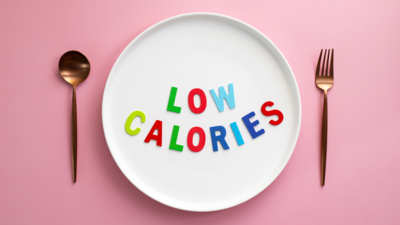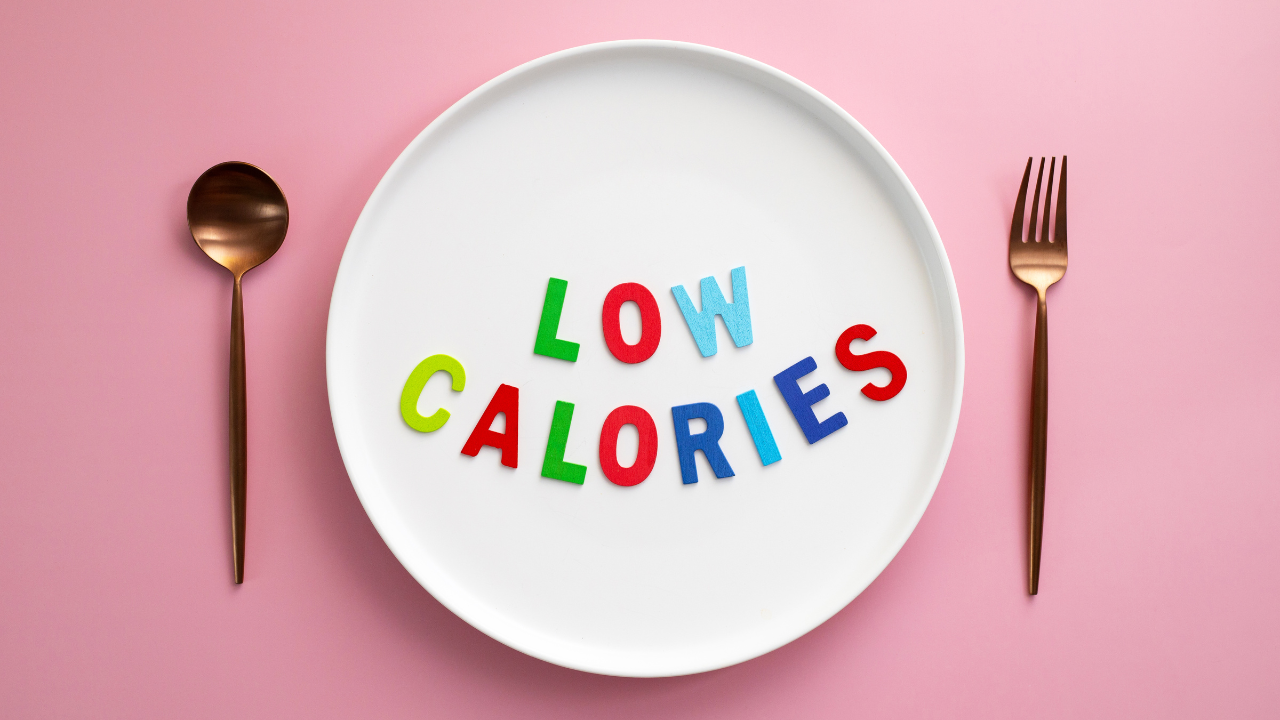For
weight loss
to be effective and long-lasting, maintaining a
calorie deficit
is essential. If you’re not employing the proper techniques, it can be difficult to maintain a calorie deficit long enough to provide long-lasting effects. We’ll look at practical advice for maintaining a calorie deficit in this post. You can attain your intended outcomes and reduce weight by implementing these calorie deficit strategies. First, let’s understand the concept of a calorie deficit.
What is a calorie deficit?
Energy from food powers all of your bodily functions, including breathing, thinking, walking, sleeping, digesting, and more. However, your body might not require all of that energy immediately following a meal. It stores the excess calories for later use, primarily as fat but also as carbs. You will accumulate more calories and put on weight if your activities don’t burn as many calories as you take in. As a result, one must consume more calories than they expend during the day.
Eat and workout in sync
You must keep track of how many calories you burn if you intend to increase your calorie output through exercise in order to build a deficit. Make an effort to burn more calories than you take in. You can calculate how many calories you’ll burn during a workout based on your weight and the kind, intensity, and duration of the exercise. For instance, walking 3.5 miles per hour for an hour will burn 280 calories for a person weighing 154 pounds.
See more: Weight Loss Tips to Lose Inches of Stubborn Belly Fat in a Healthy Way
Use smaller plates
Dinner dishes today are typically very large in most China sets. People are more inclined to overeat since larger plates have been associated with higher serving sizes. According to a study, individuals who ate 45% more food at a buffet had larger dinner plates than those who used smaller plates. One easy way to control portion sizes and prevent overeating is to use a smaller plate.
Eat high-protein foods
Let’s discuss calorie-deficient dietary strategies, with a focus on protein! There are several advantages to eating more protein when trying to lose weight. Neuropeptide Y (NPY), which suppresses appetite and lessens cravings, is stimulated by protein. It has also been discovered that including protein in your meals helps you feel satiated for longer. Protein also aids in tissue repair, rehabilitation, and the growth of lean muscle mass. Maintaining a calorie deficit and avoiding unhealthy high-calorie foods can be achieved by including
high-protein foods
like lean meats, beans, and protein shakes in your diet.
Chew your food slowly
One of the easiest and healthiest ways to lose weight is to chew meals properly. You may be able to eat less if you chew your food slowly and take your time. This is because you will feel fuller sooner. Try counting the number of times you chew your food—that is, about 32 times—or setting down your knife and fork in between mouthfuls if you tend to eat quickly.
How many calories should you consume for weight loss?
See more: How to gain weight: Tips on weight gaining through proper diet and nutrition
I’m Manas Ranjan Sahoo: Founder of “Webtirety Software”. I’m a Full-time Software Professional and an aspiring entrepreneur, dedicated to growing this platform as large as possible. I love to Write Blogs on Software, Mobile applications, Web Technology, eCommerce, SEO, and about My experience with Life.





